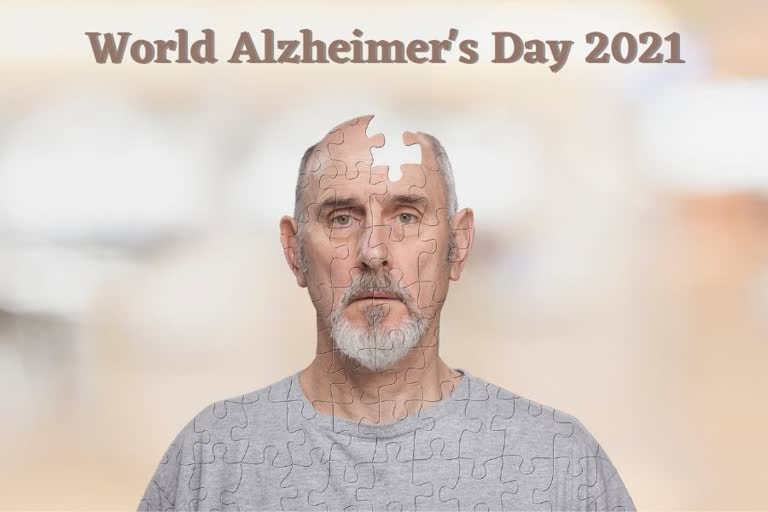Known as a disease of the elderly, Alzheimer's is a type of Dementia, which leads to memory loss as the condition progresses. As the condition gets severe, not just the nervous system, but other parts also start getting affected and the person loses control over his/her body and becomes completely dependent on others.
People need to be made more aware of this lethal disease, as according to a study, it was found that an average of 2 out of 3 people globally have little or no understanding of Alzheimer’s disease and associated dementia in their countries. Hence, every year on 21st September, World Alzheimer’s Day is observed and this year marks the 10th year of the day being celebrated. The Alzheimer’s month campaign was first launched in 2012 and has been celebrated since in the month of September. Also, this year, the theme is “Know Dementia, Know Alzheimer’s”.
History
Although the celebration of World Alzheimer's Day was started on 21 September 1994 during the annual conference of ADI in Edinburgh, the disease was first discovered in 1906 by the German psychiatrist and neuropathologist Dr. Alzheimer. Actually, at that time a woman had died due to a mental illness. During the observation of the cause of death, changes were observed in the brain tissue of the woman. The disease in the investigation was named Alzheimer’sand was categorized under fatal diseases. Also, not just a specific day, but the whole month of September is observed as World Alzheimer’s Month.
Alzheimer’s In Elderly
In an advisory issued by the Ministry of Social Justice and Empowerment and the All India Institute of Medical Sciences (AIIMS), New Delhi, it was stated that according to the 2011 census, there are about 16 crore elderly people (above 60 years) in the country, out of which about 8.8 crores are in the age group of 60 to 69 years, 6.4 crores in the age group of 70 to 79 years, 2.8 crores of 80 years of age, dependent on others and about 18 lakh elderly, who do not have anyone who can take care of them.
As per the statistics, more than 40 lakh people in India have some kind of dementia. According to the World Health Organisation (WHO), worldwide, around 55 million people have dementia, (Most of whom are elderly), with over 60% living in low- and middle-income countries. As the proportion of older people in the population is increasing in nearly every country, this number is expected to rise to 78 million in 2030 and 139 million in 2050.
Doctors and experts believe that this figure can be higher because most of the elderly are unable to contact doctors when this problem occurs due to lack of information, and other economic, social and family reasons.
